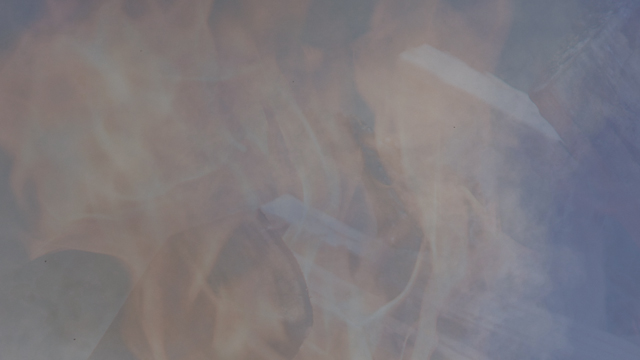What is carbon monoxide and why is it so dangerous? Virginia Poison Center has strategies for keeping your family safe from carbon monoxide.
As the weather turns colder, the Virginia Poison Center sees more kids (and adults) with carbon monoxide poisoning. Sadly, hundreds of Americans die from breathing too much carbon monoxide every year.
What is carbon monoxide and why is it so dangerous?
Carbon monoxide is a colorless, odorless gas that’s produced when gasoline, wood, propane, charcoal, or other fuels are burned. Carbon monoxide molecules can displace oxygen in the body. When the fumes aren’t vented well or the gas is released indoors, it can build up to a dangerously high level and lead to poisoning.
Every fuel-burning device can make carbon monoxide gas, including:
• Wood stoves
• Fireplaces
• Furnaces that use gas or oil
• Gas stoves or ovens
• Gas water heaters
• Kerosene heaters
• Car engines
• Generators
Winter is an especially hazardous time for carbon monoxide poisoning because many of these devices are used to heat homes, and windows and doors are generally kept shut during cold weather.
What are the symptoms of carbon monoxide poisoning?
Carbon monoxide is sometimes referred to as the silent killer. In addition to having no smell or taste, which means carbon monoxide is difficult to detect in the air, the early signs of exposure are easy to miss or confuse with other conditions.
These early signs of carbon monoxide poisoning include:
• Headache
• Dizziness
• Nausea
• Weakness
• Fast heartbeat
More serious signs include:
• Vomiting
• Coma
• Confusion
• Loss of consciousness
• Heart attack
Small children, people who are pregnant, and those with heart disease can be much more seriously impacted by carbon monoxide than otherwise healthy adults.
What should you do if you notice symptoms of carbon monoxide poisoning?
If you notice any of these symptoms and it’s possible the child or adult has been exposed to carbon monoxide, get them into an area with fresh air and call the Virginia Poison Center at 1-800-222-1222 right away. Specially trained nurses are available around the clock to provide fast, free guidance.
If the person is unresponsive or has other symptoms of a medical emergency, call 9-1-1.
How can you keep your family safe from carbon monoxide?
The Virginia Poison Center and Safe Kids Virginia teams offer several tips to prevent carbon monoxide poisoning:
• Have your heating system and chimney professionally checked each year to make sure they are in proper working order.
• Do not use your oven or stovetop to heat the home.
• Never run a car in a closed garage, even just for a few minutes.
• Do not use charcoal or gas grills in the house or garage.
• If you use a generator, make sure it’s outside and more than twenty feet away from windows and doors leading to the home.
Share this information with friends and neighbors to keep families safer this winter.




